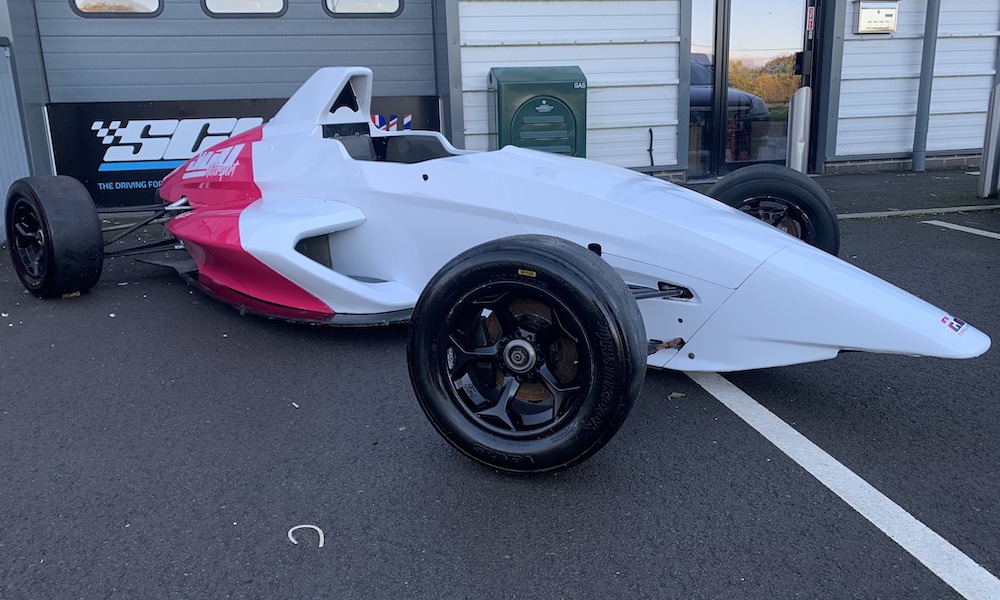Education is at the heart of getting new motorsport engineers through the doors of teams and manufacturers. Passion to work on racecars is integral, but without proper tuition in fundamental areas it is very difficult to start a career in such a specific field. Other jobs in motorsport have more nebulous gateways – this author studied archaeology at university instead of journalism (for reasons known only to him) – but breaking into motorsport engineering is often best achieved with qualifications tailored to that industry.
However, there is some concern that not enough motorsport engineers are coming through the British education system with the practical skills required. Motorsport is just one small part of a wider engineering skills gap in the UK. Effective courses enable new engineers to come through and hit the ground running, potentially going on to Formula 1 and other high-level categories. But that standard is not necessarily being realised across the many institutions that teach motorsport engineering.
‘It depends on how good their education has been and how hands-on, in particular,’ says Russell Howard, founder of the motorsport recruitment website RaceStaff. ‘The phrase I hear all the time is: “great, you’ve got a degree in motorsport engineering. But what else have you done?” They haven’t done anything else, other than have a piece of paper that says they have a degree.’
A common observation from those in the industry is that there is a stark contrast between colleges and universities that offer well-rounded courses and those that don’t. The danger is that it could leave some students at a significant disadvantage when they enter the job market.
‘You could go into a college and you’ll see people who are delivering a top-quality course and going racing,’ says Kieran Reeves, director of motorsport at the National Motorsport Academy, which runs online courses and a race team where students can get real-world experience in GT Cup.
‘On the other hand, you’ll find courses where they’re running the motorsport course but they’re using a car, something quite old, that’s been converted to a racecar and just sits in the workshop. They never go to a race event and never actually compete with the car. When you’re an employer and you get two students from two different colleges, they could be very different in their practical ability.
‘Colleges are delivering it in two completely separate ways. They pick…
Click Here to Read the Full Original Article at Racecar Engineering…

